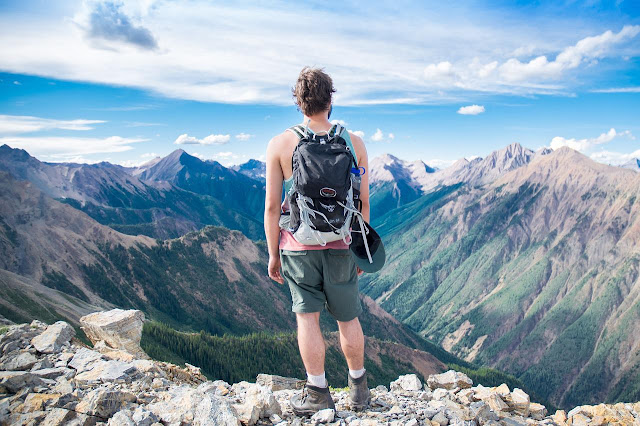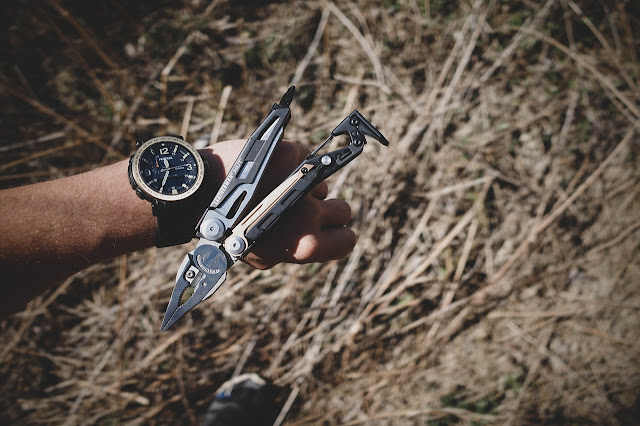Embarking on a hiking adventure over the weekend is an accessible outdoor pursuit, even for those who may not consider themselves athletic. Both you and friends who enjoy walking can partake in hiking activities with relative ease. All that's required is a knowledgeable guide familiar with the terrain and attendance at a basic orientation seminar focused on the chosen trail.
Consider Mount Pulag, the Philippines' second-highest mountain, as an example. Before the main hike, participation in an ecological seminar and a hiking briefing is mandatory.
To prepare for the hike, take a moment the day before to gently stretch your muscles, preventing potential soreness. The Philippines boasts numerous hiking sites suitable for you and your friends, accompanied by experienced hike guides. If you're seeking a tour package tailored to such outdoor activities, explore the offerings on this page.
What is the difference between hiking and mountaineering?
Hiking and mountaineering represent distinct outdoor pursuits, yet both share the common element of walking. Mountaineering demands technical expertise in climbing and navigating challenging terrain, making it suitable for those with advanced skills. On the other hand, hiking is tailored for beginners seeking to relish the splendid beauty of nature through leisurely walks along uncomplicated trails.
What are the benefits of hiking?
Hiking offers a wide array of physical, mental, and emotional benefits. Some of the key advantages include:
1. Physical Exercise: Hiking is an excellent form of cardiovascular exercise that helps improve overall fitness, stamina, and endurance. It engages various muscle groups, promoting strength and flexibility.
2. Weight Management: Regular hiking can contribute to weight control and aid in weight loss by burning calories. It helps maintain a healthy body mass index (BMI) and supports overall metabolic health.
3. Mental Health: Spending time outdoors and connecting with nature during hikes has been shown to reduce stress, anxiety, and depression. The combination of physical activity and exposure to natural surroundings can positively impact mood and mental well-being.
4. Improved Cardiovascular Health: Hiking enhances cardiovascular health by increasing heart rate and improving blood circulation. This can contribute to a lower risk of heart disease and other cardiovascular conditions.
5. Joint and Bone Health: Walking on uneven terrain during hikes helps strengthen bones and joints, promoting better overall musculoskeletal health. It can be particularly beneficial for joint flexibility and reducing the risk of osteoporosis.
6. Enhanced Respiratory Health: Breathing in fresh, outdoor air during hikes can improve lung capacity and respiratory function. It's especially beneficial for individuals with respiratory conditions.
7. Social Interaction: Hiking can be a social activity, providing opportunities to connect with friends, family, or fellow hikers. Social interaction contributes to overall well-being and can foster a sense of community.
8. Stress Reduction: Engaging in physical activity in a natural setting has been linked to reduced cortisol levels, leading to lower stress levels. The tranquility of nature can provide a mental break from the demands of daily life.
9. Improved Sleep: Regular physical activity, such as hiking, has been associated with better sleep quality. The combination of exercise and exposure to natural light helps regulate sleep patterns.
10. Increased Creativity: Spending time outdoors has been shown to enhance creative thinking and problem-solving skills. The change of scenery and exposure to nature can stimulate the mind.
11. Connection with Nature: Hiking provides an opportunity to connect with the natural environment, fostering a sense of appreciation for the outdoors and promoting environmental awareness.
Overall, incorporating hiking into a regular routine can contribute to a healthier and more balanced lifestyle.
What must-have items a hiker should bring before going on your first hike?
1. Hiking Backpack
2. Hiking Clothes
3. Food and Water are Life
4. Handy Tools
5. Other Essentials you must bring during Hiking
- Headlight or Flashlight sometimes hiking begins early in the morning when the trail is dark it is important to bring a piece of lighting equipment to light up your path.
- There are instances when you will soak yourself in the rain, perspiration, and an extra clothes
- A small towel is perfect for drying yourself during and after your hiking.
- During an emergency, it is important to have a few bills or cash in your pocket.
- Protect yourself from sunburn and direct heat of the sun by bringing at least a sachet of sunscreen.
- To avoid insect bites you must put an insect repellant.







